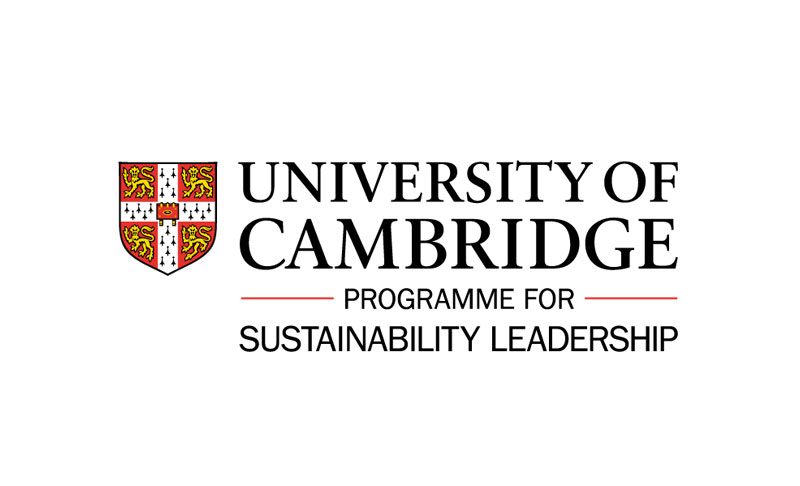Invaluable briefing series unpacks climate change impacts for business
Eliot Whittington
Scientists, corporate leaders, military strategists, financial analysts, and sustainability and conservation experts have all hailed a Cambridge-backed briefing series on the implications of climate change for business as a vital resource for companies wanting to plan for the future.
Rajendra K. Pachauri, Chairman of the IPCC, said: “I applaud this initiative. Spelling out the implications of climate change for different sectors, on the basis of the work of the IPCC, will allow businesses to adapt to the challenges they face and understand the role they are able to play in reducing their climate impact.”
The thirteen briefings are based on the Fifth Assessment Report from the Intergovernmental Panel on Climate Change, and compiled by the University of Cambridge Institute for Sustainability Leadership (CISL), and Judge Business School, in partnership with the European Climate Foundation and sector-specific organisations. Their publication comes ahead of the UN Climate Change summit in New York, hosted by UN Secretary General, Ban Ki Moon, which many of the world’s business and political leaders will attend.
The series includes innovative and easily understandable infographics and key facts, and summarises the likely impacts of climate change on agriculture, buildings, cities, defence, employment, energy, investment, fisheries, primary industries, tourism, and transport. It also looks at the capacity for these sectors to adapt to climate change and to contribute to emissions reductions. Álvaro Echániz, Chief Executive Officer of Ferrovial FISA, said: “Science on climate change is key for the business community, particularly concerning climate scenarios that we will face in the medium and long term. We cannot understand a long term business strategy without taking into consideration the findings of the IPCC, as a reliable input for identifying the risks and, of course, business opportunities behind those trends.”
Among the findings highlighted and explained in the series are:
- The significant impact of climate change on agriculture, including reduced crop yields, and predicted food price rises of 37% (rice), 55% (maize), and 11% (wheat) by 2050.
- The potential for more energy efficient buildings to play a big part in reducing emissions
- The particular impact on cities of climate change, and the urgency of acting to protect people in urban areas (predicted to be 64% of the world’s population by 2050)
- The significant potential for the energy sector to reduce emissions, including by switching to lower-carbon fuels, improving energy efficiency, and introducing carbon capture and storage
- The disruptive impacts climate change will have on the stability of the financial system
- The potential for losses to global fisheries of up to $40bn by 2050
- The way climate change acts as a ‘threat multiplier’, driving involuntary migration and indirectly increasing the risks of violent conflict
- The need for additional energy supply investments of between $190-900bn per year from now until 2050, in order to meet the 2°C target.
Polly Courtice, LVO, Director of CISL, said: “Climate change affects us all, and understanding the science is absolutely vital. This series does a remarkable job of taking the hugely-complex and technical findings of the IPCC report and translating them for business.”

